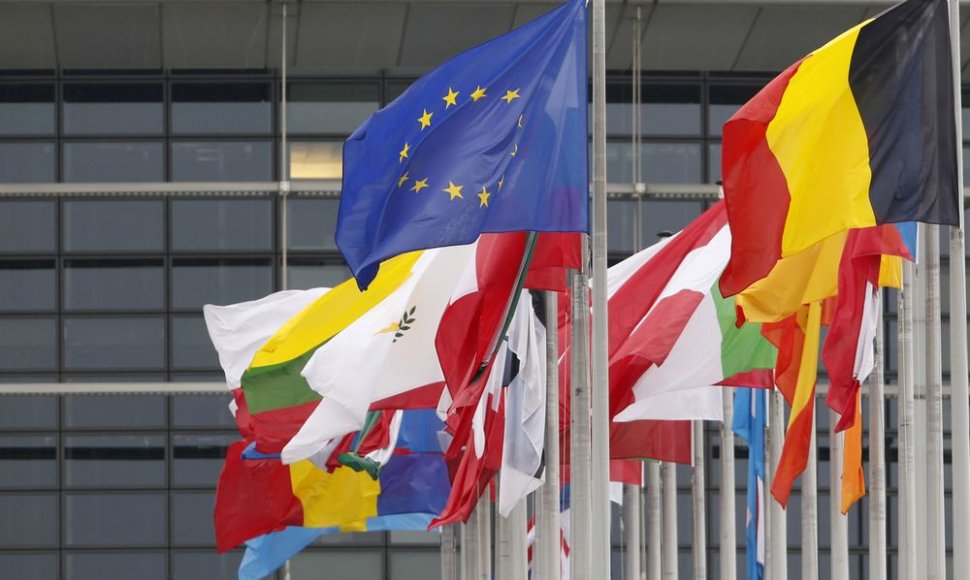Foreign Vice-Minister Vytautas Leškevičius, Lithuania's representative at the meeting of so-called Friends of Cohesion, said that the 15 countries insisted adequate funding was crucial for accelerating the creation of new jobs and promotion of competition in Europe.
"The main message goes like this: cohesion is something more than merely the cohesion funds. Cohesion is not only about financial aid to underdeveloped countries. No. It is a bit more. It is also about increasing competition in Europe, about aid to European business development, growth, creation of jobs, and something that is not often heard at economic meetings – social cohesion of the continent," Leškevičius said in a telephone interview to BNS from Brussels.
"Achieving all these goals will certainly require adequate funding. Demonstration of unity by Cohesion member-states, the Commission, and Parliament to keeping the current level of cohesion funds – this is the political message and the essence of the meeting," said the diplomat.
In addition to Lithuania, the Friends of Cohesion group includes Bulgaria, Cyprus, the Czech Republic, Estonia, Greece, Hungary, Latvia, Malta, Poland, Portugal, Romania, Slovakia, Slovenia, Spain, and Croatia, which is expected to join the EU next year. The countries are recipients of EU aid from Cohesion Funds aimed at assisting poorer countries to catch up with wealthier member-states.
The meeting was also attended by the European Commission President Jose Manuel Barroso and European Parliament President Martin Schulz.
Simultaneously with the meeting of Friends of Cohesion in Brussels, their opponents worked to reinforce their standing – a group in support EU budget cuts includes member states that pay more to the EU budget. British Prime Minister David Cameron on Tuesday left for meetings with Dutch and Italian leaders. Other countries that want budget cuts include Austria, Denmark, Finland, France, Germany, and Sweden.
The European Commission suggests a 1-trillion-euro budget for the 2014-2020; however, diplomats admit it will be lower in any case.
Leškevičius refused to speculate whether the final agreement on the future budget would be reached during the 22-23 November European Union council.
"I would not dare forecast things that may happen in other countries in the wake of certain, let's say, home policy reasons," he told BNS.
"One thing is clear – all cohesion countries commit themselves to seeking an ambitious but fair compromise. A fair and ambitious compromise does not necessarily mean having our way as soon as possible and at any cost," the diplomat said.
In his words, "there can be no total winners and total losers" at the end of negotiations.
Lithuania hopes that restrictions upon receipt of structural aid - “ceiling” of aid and a link to gross domestic product (GDP) – will envisage an exception to consider the economic downturn in the Baltic states and Hungary.
"We seek that the countries that extremely painfully cut their spending and was engaged in responsible and rigid fiscal and economic austerity policies should not be punished for this. In other words, the formula should emphasize the exception of our countries, which have suffered the biggest effect of the crisis but responded to the effects with resolute methods of economic and fiscal policies," Leškevičius told BNS.
Last week, Lithuania's Minister of Foreign Affairs Audronius Ažubalis said he "would be very satisfied if the long-term budget for Lithuania is not substantially smaller than it was in the last financial perspective."
In the negotiations on EU budget, Lithuania has attached major importance to issues, such as direct payments to farmers, which have so far been far behind the EU average, and assistance to decommissioning of its Soviet- built Ignalina Nuclear Power Plant.












